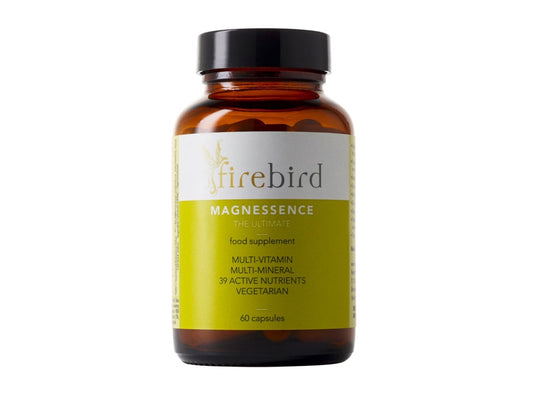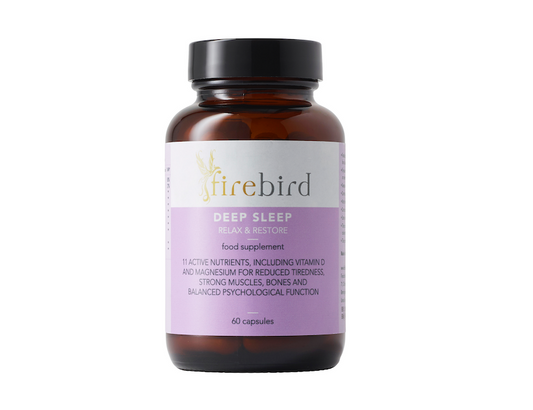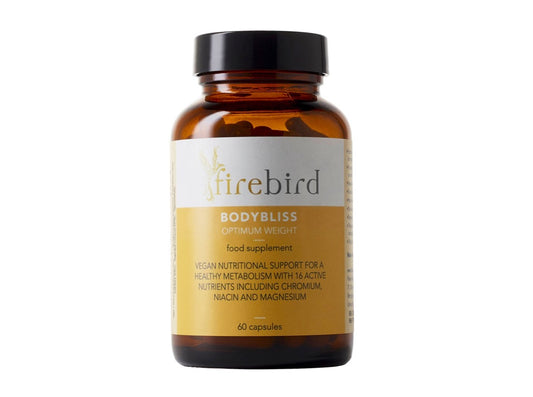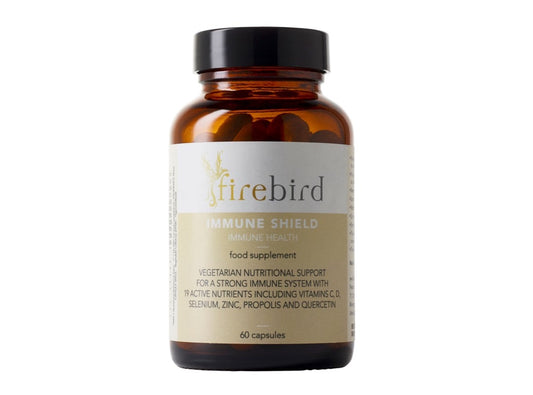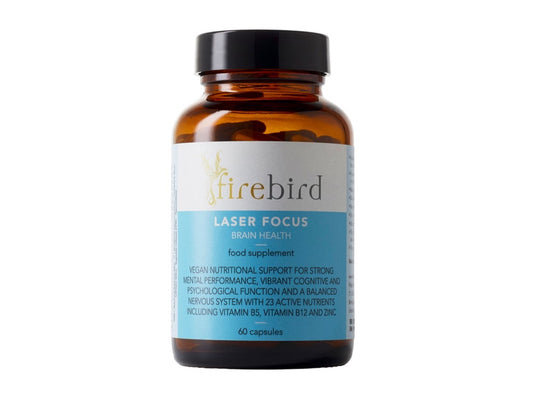
How to know which supplements to choose
With the help of our founder, Sara Palmer Hussey PhD, multi-award-winning supplement expert, we have come up with a few tips to help you navigate through the marketing claims of supplement companies and know the difference between truth and elaboration when choosing vitamins and supplements.
Believe it or not the supplement sector is heavily regulated. The claims that supplement companies can make are limited in Europe to the EU Register. This register lists all the claims that can be made for each vitamin or mineral included in a supplement. However, we have found that many of the shiniest, most expensive supplements do not adhere to this restricted list.
Let's take a look at some of the most misleading claims that can fool the most knowledgeable customer...
Patented ingredients
Natural ingredients cannot ordinarily be patented, although the U.S. occasionally awards some patents to natural ingredients based on a unique delivery system provided by a chemical coating or process. Patents ordinarily cover new chemical compounds found in pharmaceuticals.
Ingredients in supplements can, however, be trademarked and many raw material suppliers trademark their ingredients in order to be the sole supplier to a brand. Once the trademarked name of the ingredient appears on a brand's label, it must use that version of the ingredient and cannot switch to a different supplier.
Therefore, trademarked ingredients are not the result of a brand's own intellectual property, but instead belong to ingredient suppliers and are freely available for all supplement companies to use. If you tap in the trademarked ingredient being touted by a brand as some exclusive discovery in your search engine, you will find that many different brands will also be using it in their formulations too.
We asked Sara why she does not favour trademarked ingredients...
"There is no guarantee that a particular trademarked version of an ingredient is any better than a well-sourced and tested generic form. Most trademarked ingredients back up efficacy using the clinical research data on the generic ingredient and not their specific trademarked version, so it can be misleading for companies to cite clinical studies that are not specific to the trademarked ingredient or the efficacy of the supplement as a whole."
"Some trademarked ingredients claim to have better bioavailability or a higher concentration because of some chemical process the ingredient has undergone or some chemical delivery system. I prefer to ensure bioavailability via the formulation itself as a whole rather than by some micro-encapsulation process or chemical coating, for example, which implies added chemicals or chemical residues in the product. I choose pure, natural ingredients over chemically-processed ingredients every time."
Peer-reviewed Ingredients
We have seen a lot of the most expensive supplement companies using this wording to persuade us that their choice of ingredients is somehow superior. Let's break it down. All ingredients permitted for inclusion in a supplement have been scientifically studied. Therefore, you can find clinical research on all ingredients. If these papers have been published in scientific journals, then they have been reviewed by scientific peers before publication, ie they are peer-reviewed.
So, let's ask Sara: Is the use of the term "peer-reviewed ingredients" by some supplement companies misleading?
"I think the term "peer-reviewed ingredients" as a differentiating factor is an example of marketing speak intended to make the product sound special when it is not. All nutrients used in supplements are peer-reviewed, so if any brand is leading with such a statement, it is questionable. You can go to PubMed and type in any ingredient used in supplements and you will find hundreds if not thousands of peer-reviewed studies for each. Type in turmeric, for example, and there will be over 600 clinical studies on its various properties. Type in a vitamin, such as vitamin B12, and there will be thousands of peer-reviewed studies on its benefits."
"The ingredients are very important, their quality and purity, but the formulation is even more important to efficacy, that is the combination of ingredients, how it is calibrated and how each ingredient works in harmony with the whole."

Probiotics
Are probiotics really the best thing for gut health. Our founder, Sara Palmer Hussey PhD, thinks not:
"I wholeheartedly favour other ways to improve gut health, such as eating more fibre, in particular prebiotics that feed your particular microbiome, as well as giving your gut sufficient rest every day to repopulate and rebalance. Probiotics should not ordinarily survive your stomach acid and even make it to your gut. Instead of stepping in with an influx of one type of bacteria that could cause an imbalance, it is better to support the body in creating its own particular microbiome that is tailored to you and your particular diet using the methods above (prebiotics and an overnight fast), plus exercise and stress management."
Supplement Pricing
When you buy a supplement, what are you paying for? An expensive brand will insist that you are paying for higher quality, but is that really the case?
When we asked Sara whether any supplement should cost over £100, we got a resounding no.
"If a single supplement costs that much, and the same goes for skincare, then the huge bulk of what you are paying for is not the supplement or skincare product itself. You will be paying for packaging, slick marketing and advertising campaigns and a big corporate structure with giant salaries. I know that FIREBIRD® products, for example, are vastly superior to other products on the market that cost three to five times as much. We go above and beyond in terms of testing, quality and formulation, but it was important to me to make these products affordable for everyone and not just a small elite. They are the highest quality on the market in terms of the contents, the production and the results, without the crazy price tag. I hope our customers appreciate that the investment has gone into the product rather than the packaging and marketing."
Excipients
These are the ingredients that supplement companies do not talk about. They include flow agents, coatings, fillers, binding agents, anti-caking agents, colourings and preservatives. Most of these added ingredients are fairly innocuous, but at FIREBIRD® we prefer to avoid them; we purposefully decided to include only active ingredients with nutritional value in our formulations and none of these added chemicals.
To learn more about all the ingredients in FIREBIRD® products click here: INGREDIENTS
Learn more:
Why is bioavailability important?
What toxic ingredients might be lurking in your supplements?

